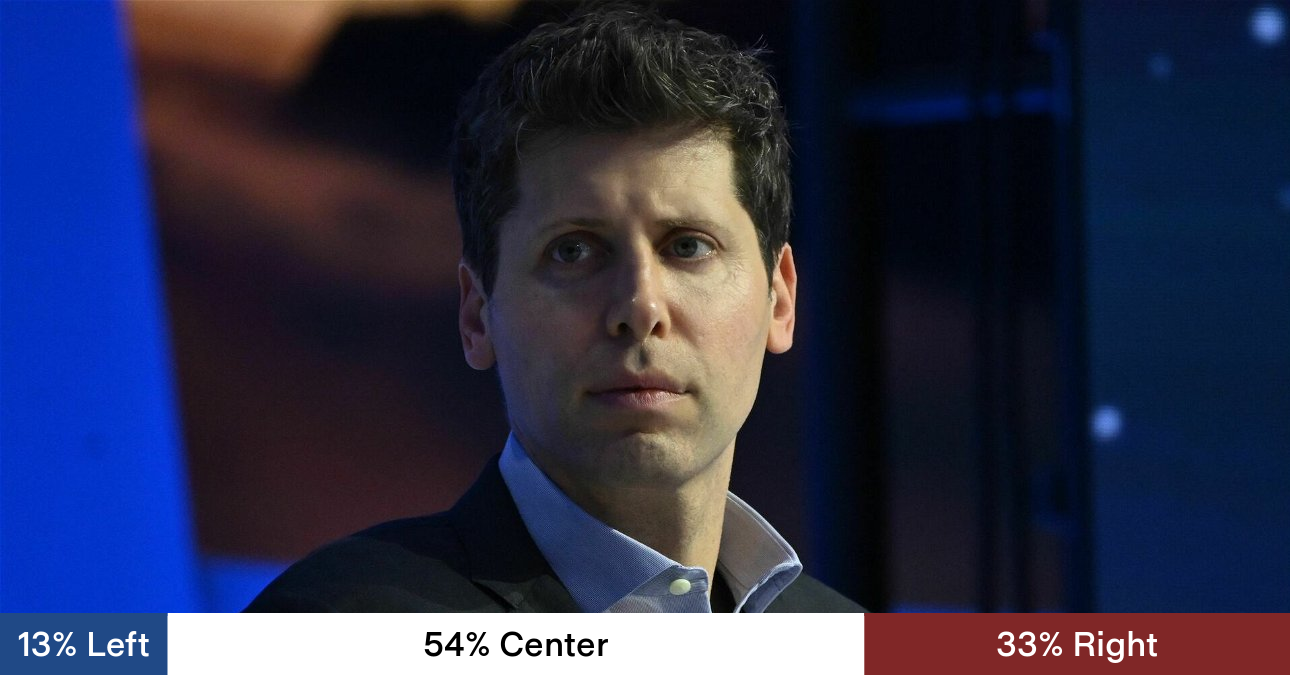- 6 Posts
- 174 Comments
Fucking Canonical at it again.

 12·11 months ago
12·11 months agoYou can probably just disable auto updates for Android Auto and the apps you use with it, but inevitably things will start breaking, like Play Services APIs that Android Auto relies on, or the APIs those older third-party apps you use rely on.
It sucks, but it was kinda inevitable for a system that has so many moving parts.

 201·11 months ago
201·11 months agoWithout arguing the benefits/drawbacks of software patents, isn’t slide to unlock only a fundamental concept because Apple invented and popularized it? To me, it only seems trivial because it’s ubiquitous, whereas that might not have been the case before the iPhone.
Software patents that boil down to “real life action, but we did it on a computer” are just obnoxious. Sliding a bolt to unlock something is something we’ve been doing for centuries, but suddenly Apple put it on a screen and gets to prevent anybody else from doing it? That makes no sense.
I don’t see why this is unique to software. As long as the proof is convoluted enough, how would it differ from making a physical D-pad? Both are made from already discovered axioms/materials, and both are transformed via known ways in a unique order into new tools to accomplish a particular task. If a D-pad patent should be allowed, why not a compression algorithm?
Hardware patents make sense, as it’s actually possible to come up with multiple solutions to the same problem. You can create a D-pad multiple different ways, as proven by the many different D-pad patents, as the goal is just to create an interface between electronic inputs and a logical physical shape. How you do it doesn’t matter as long as the result is reliable and satisfying for the end-user. The 4-directional shape of the d-pad wasn’t the patent, it was how the d-pad worked. Sure some people have preferences to one design or another, but that’s where they made the innovation.
But there isn’t multiple ways to create Pi. Pi is Pi. Just because you discovered a math equation to define it first doesn’t mean you get to claim dibs on it. You could claim that you wrote code that calculates Pi more quickly on a specific computer chip or something, but that’s copyright, not a patent. Patents shouldn’t be used for things that can be copyrighted, and vice versa.
There’s a reason why we have separate systems for copyrights, trademarks, and patents. Copyrights protect creative authorship, ways to express things. Trademarks protect identification, how people recognize you and your creations. Patents protect invention, novel processes to accomplish an action.
Patents are for protecting the processes you develop, not the resulting actions. You can’t patent boiling water to create steam, but you can patent the steps you took that led to water boiling and becoming steam.
To bring it back, what process did Apple develop for slide to unlock? Slide to unlock itself is an action, not a unique method of solving a problem. Like patenting the mere action of putting a key into a hole, instead of how the mechanics of the key itself actually opens the lock. They wrote code that interpreted “Box moving from position A to Position B allows access”, but that’s a copyright. Nobody would argue that they should be able to copy what Apple wrote to make that happen. But why does Apple get to claim that the action of moving a box is something they invented? Because the user can use a human finger on a screen now? Apple didn’t invent the capacitive touchscreen, somebody else did, and Apple paid them or a licensor of the tech for using their patent, they didn’t invent anything there. So all you’re left with is the action, moving a box with a finger, which shouldn’t be patentable. And the code that interprets the action, which should be a copyright not a patent.

 551·11 months ago
551·11 months agoYou can copyright software code, just like any other written work, to protect you from people literally copy and pasting your work, but the idea that you could patent things like “slide left to unlock” is just stupid, as it’s a fundamental concept and software is full of fundamental concepts.
Compression algorithms being patentable is even more stupid, as it would be like somebody claiming they own Pi, just because they figured it out first. Imagine not being able to compute the circumference of a circle without paying somebody for the privilege.

 2·11 months ago
2·11 months agoI got one during Black Friday years ago and it came with so much extra ink that I still haven’t bought more ink for it 😅

 11·11 months ago
11·11 months agoReason why I love my Subaru is that it still has buttons for almost everything, yet still has Android Auto.

 13·11 months ago
13·11 months agoI’ve given up on any direct download methods. It’s a game of wack-a-mole and the players often don’t share their tricks anymore, or charge a pretty penny.
Try OBS screen recording if you want a free option.
For anything that doesn’t work with, I’ve just gone the extra mile and now have a Streaming Stick plugged into an HDMI Splitter and then piped into an HDMI capture card, which then pipes into OBS. My setup can only do 1080p SDR, but that’s enough for me.
Probably some online multiplayer ones

 12·11 months ago
12·11 months agoLooks like it’ll be one of those free streaming channels on things like Pluto TV. So not an actual TV channel.

 2·11 months ago
2·11 months agoKinda basic for the price, and the built-in store is the B&N Store. But they at least have EPUB and PDF support, and Adobe DRM compatibility, so you can hook them up to a PC and transfer books.
They do run a stripped down Android underneath, so you might be able to Root them and install a third-party launcher and apps on it, I’ve done this in the past, but I haven’t kept up in recent years(I’ve switched to Boox devices) so it might not be as easy to Root these days.

 8·11 months ago
8·11 months agoYes, Calibre can convert to most formats.
DRM removal is not a feature of Calibre, but of plugins you can add to it. Kobo and Adobe DRM have plugins available. Amazon DRM plugin is in a poor state as Amazon cracked down on a major method earlier this year.

 6·11 months ago
6·11 months agoOnyx Boox has the Note Air 3(10in) and the Tab X(13in). They aren’t cheap though, $400 and $900 respectively, mostly because of how expensive those large eInk screens are.

 19·1 year ago
19·1 year ago
But for real, if I can point to any other developed country in the world and they’re paying way less for the same thing sold in the US, then it shouldn’t be that high in the US either. I get making a profit off your research, but especially when taxpayers helped fund said research, there should be no reason we’re essentially subsidizing the cost of the drug in the rest of the world.
Modern Disney doesn’t care. They’re releasing Deadpool 3 rated R next year, and Echo in January is TV-MA.
Location shooting is proving to actually be more cost effective in many circumstances as well. Kubrick knew his stuff.

 121·1 year ago
121·1 year agoCan we call this timeline a dystopia yet?


 9·1 year ago
9·1 year agoUntil it stops randomly and tears at a 90° angle from the direction you were going…







Also why I invested in the hardware and software for Blu-ray ripping. I now have a Pioneer drive in a USB enclosure, and can now rip even 4K Blu-rays from any region. So many special features I was missing out on, though a lot of disc releases are cheaping out on them these days.
Only annoying part about ripping is the freaking maze of playlists on many Blu-rays, especially for Special Features, and none of the player software I’ve tried yet has a feature to tell you what playlist and video file you’re currently watching. So you basically have to rip everything and then check each video file afterwards.